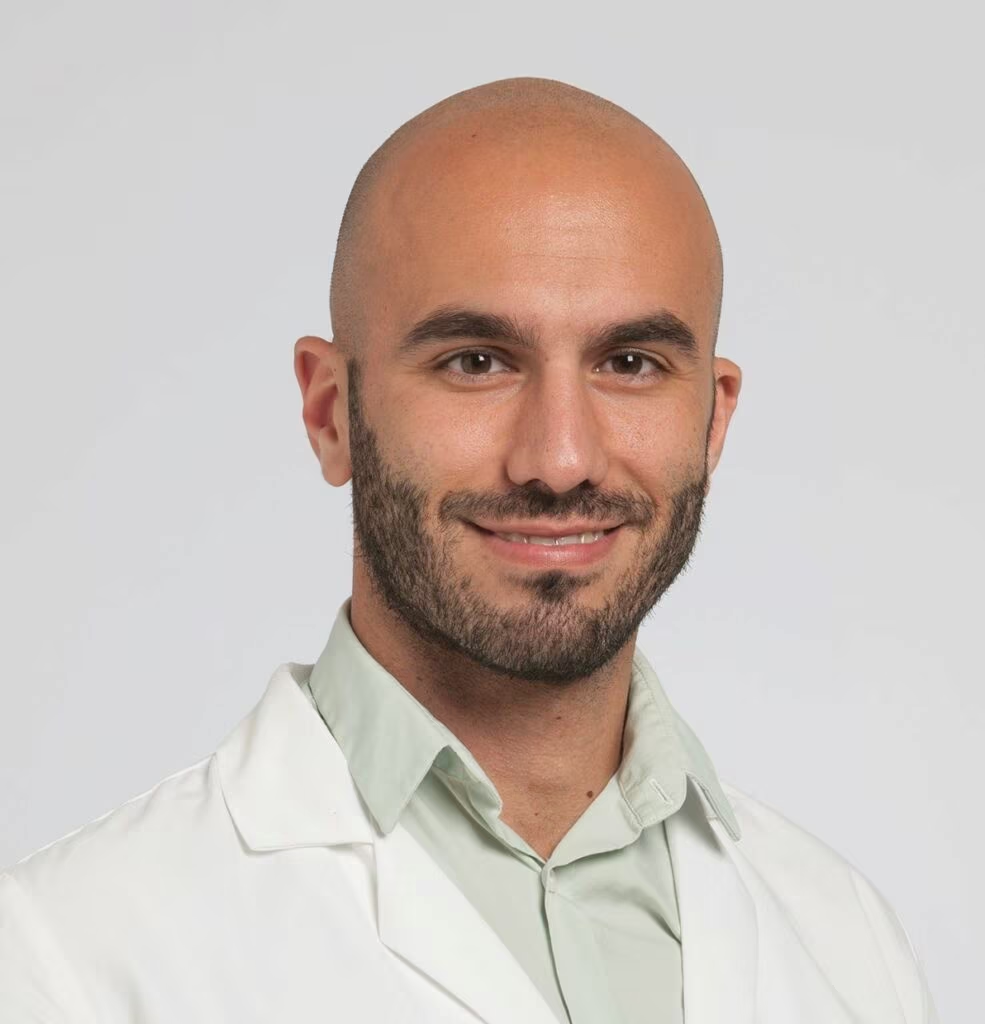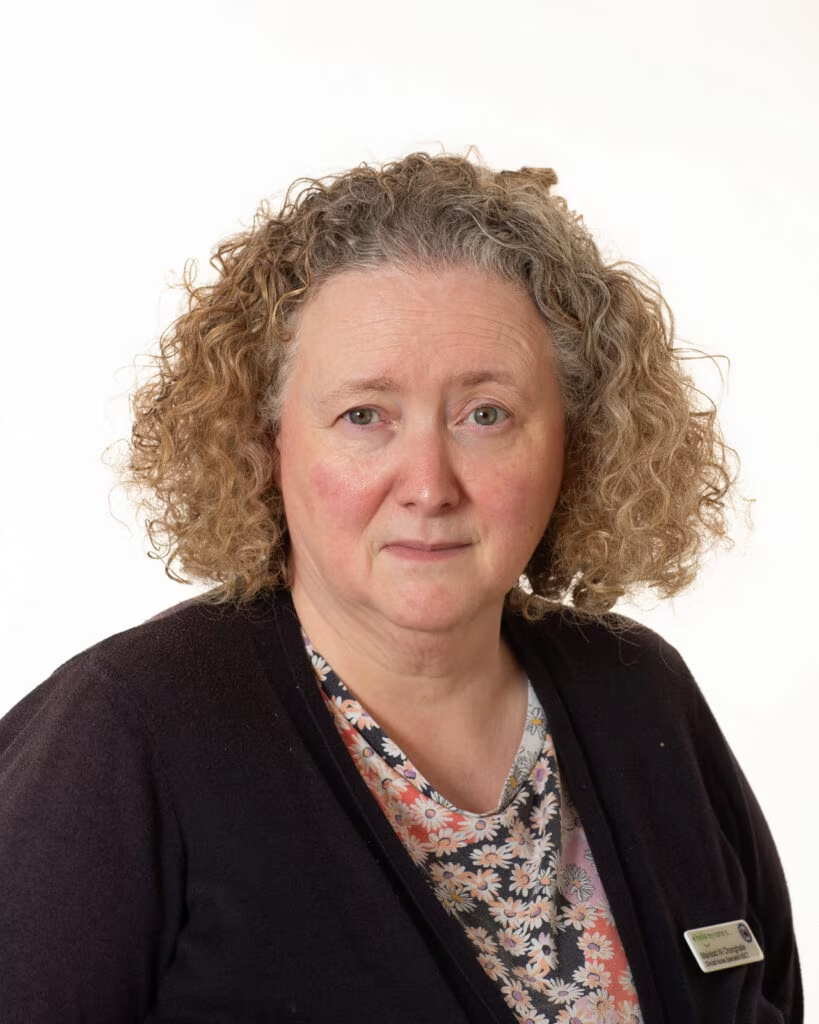Lymphoma
An Introduction to Lymphoma
Lymphoma is one of the ten most common malignancies worldwide. While some lymphomas are curable, the treatment of relapsed and refractory disease remains a substantial challenge. Recent advances have led to the development of a number of new treatment strategies, including novel antibodies targeting surface antigens, small molecular inhibitors targeting oncogenic signalling pathways and tumour suppressors, and immune checkpoint inhibitors. Chimeric antigen receptor (CAR) T-cells offer the potential for personalised therapy. The emergence of so many new therapeutic options have raised challenges in terms of optimal sequencing and combined approaches, and have highlighted the need for biomarkers to predict therapeutic response.
Expert video highlights, insights from the conference hub and comprehensive peer-reviewed articles from our journal portfolio provide updates on the ever-changing landscape. To learn more about how the latest developments impact on patient outcomes view our expert-led learning activities.

The European Hematology Association (EHA) has released its official EHA Perspectives in Hematology reports from the 2025 Annual Congress in Milan, now available in two separate editions covering malignant and non-malignant hematology. Following strong interest in the 2024 pilot report, this expanded format offers deeper insights into scientific and clinical advances across the field.

Diffuse large B cell lymphoma is now understood to consist of multiple molecular subtypes, each with distinct biology and treatment responses. Dr Dan Hodson emphasises the need for standardised genomic profiling in clinical trials to guide subtype-specific therapies and bridge the current disconnect between research findings and clinical application.
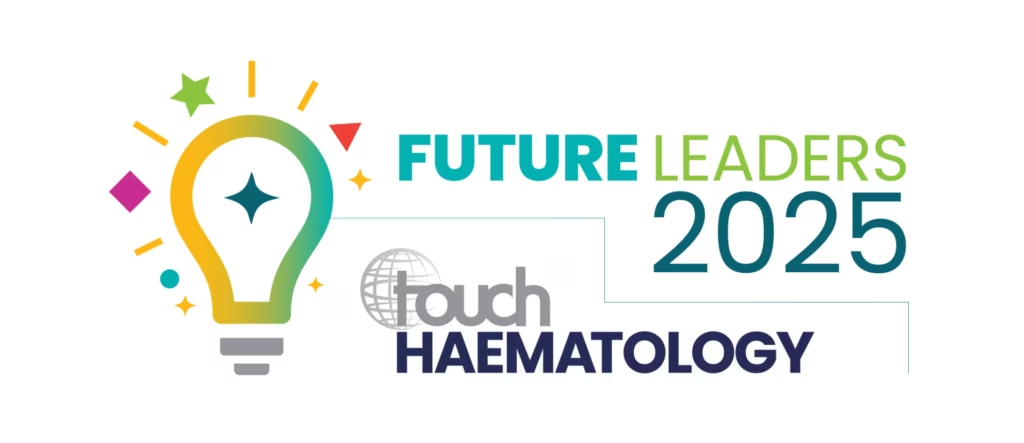
Dr Marlies Vanden Bempt, touchHAEMATOLOGY Future Leader 2025, reflects on her journey in haematology, the impact of mentorship, and her hopes for the future of the field. Now launching her own lab, she shares how calm leadership, resilience in research and openness to AI are shaping her vision for the next decade.
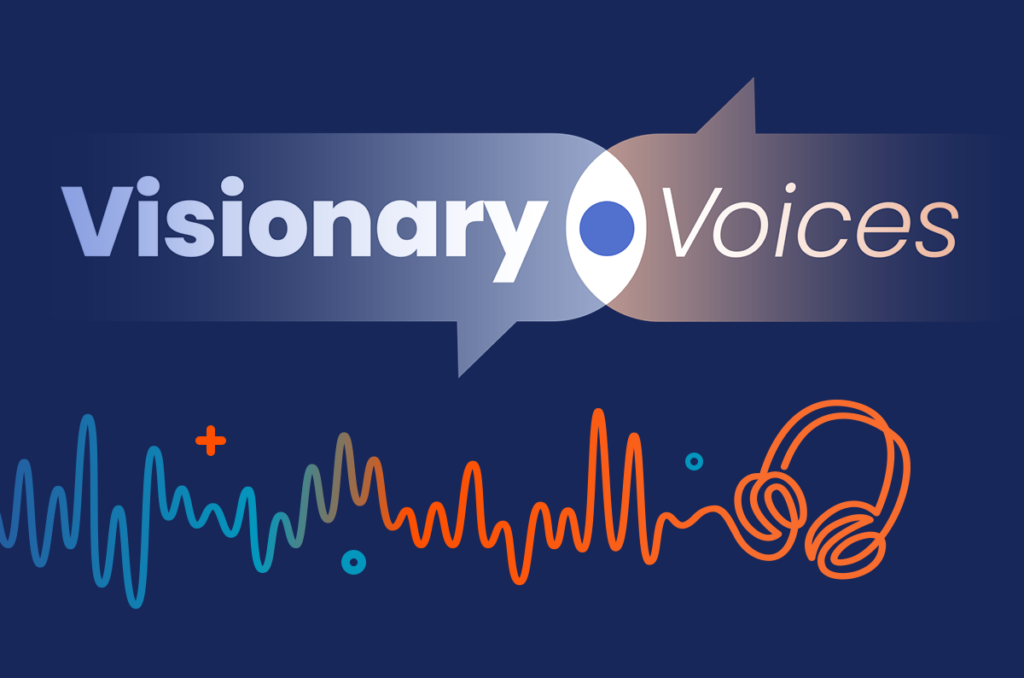
Physician burnout is at a critical point. In this episode, Nicky speaks with Dr Alfred Atanda about why so many physicians are burning out and what can be done to change the trend. From personal experience to system-wide solutions, Dr Atanda shares valuable insights on improving physician well-being and building a more effective healthcare culture.
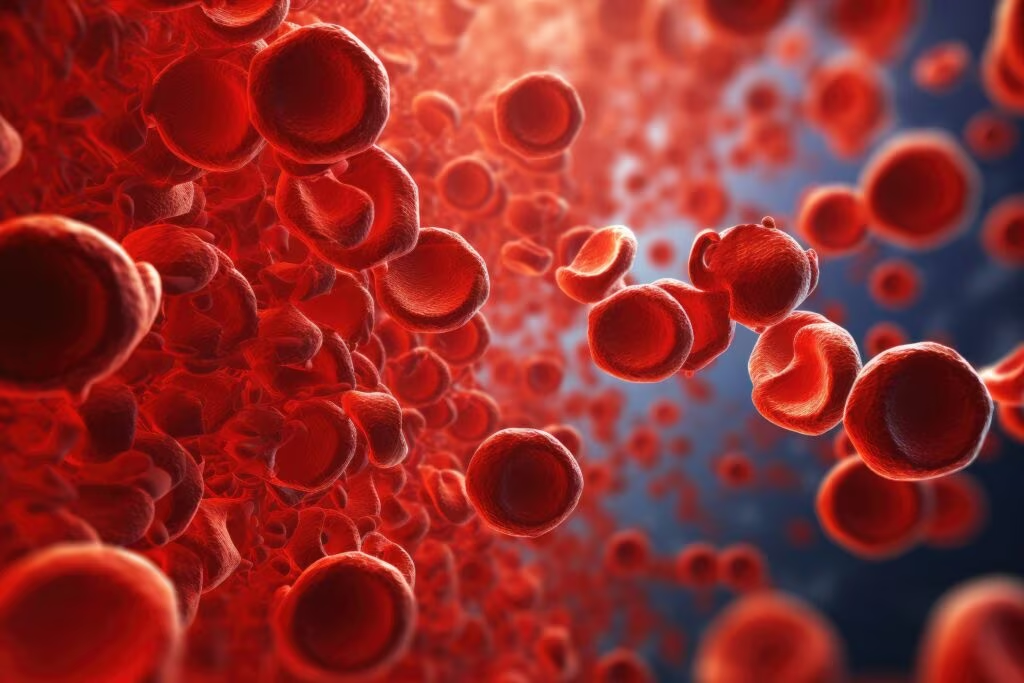
CAR T-cell therapy is transforming blood cancer care, yet most eligible patients never receive it. Dr Miguel-Angel Perales outlines how the CAR T Vision Coalition plans to close this gap.
Learning points:
- Understand why timely referral for CAR T is critical
- Learn how real-world data support broader patient eligibility
- Explore solutions to expand delivery beyond academic centres
- Discover strategies to promote equitable access across regions

Dr Côme Bommier reflects on the influences that shaped his career, the evolving landscape of lymphoma treatment and the central role of patients in clinical decision-making. With a clear vision for more personalised and lasting care, he offers thoughtful insight into the challenges and responsibilities of modern haematology.

In this episode, we explore the future of continuing medical education (CME) with the team behind touchIME. Hannah Fisher and Matthew Goodwin share insights into global and US trends, the importance of patient inclusivity and how educational outcomes are evolving to better measure the direct impact of learning on clinical practice and patient care.
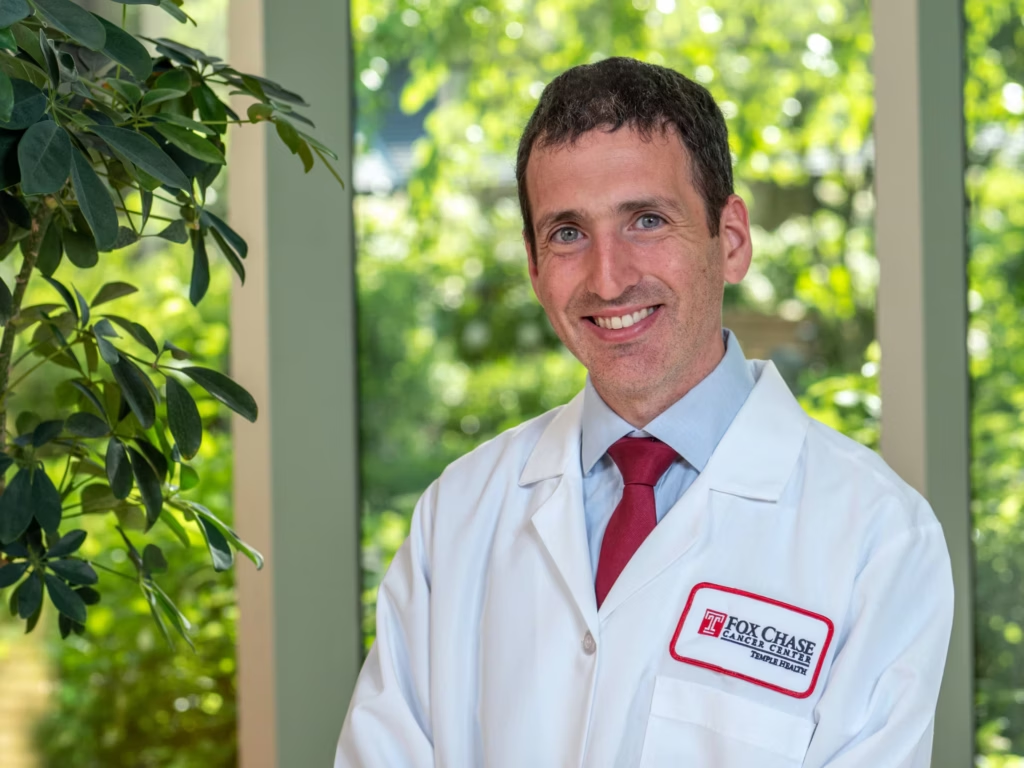
Dr Zachary Frosch, Fox Chase Cancer Center, shares how patient priorities guide his clinical decisions and how his research stems from real-world challenges. He also reflects on key lessons from mentorship and the ongoing dialogue between the clinic and the research lab that shapes his work.
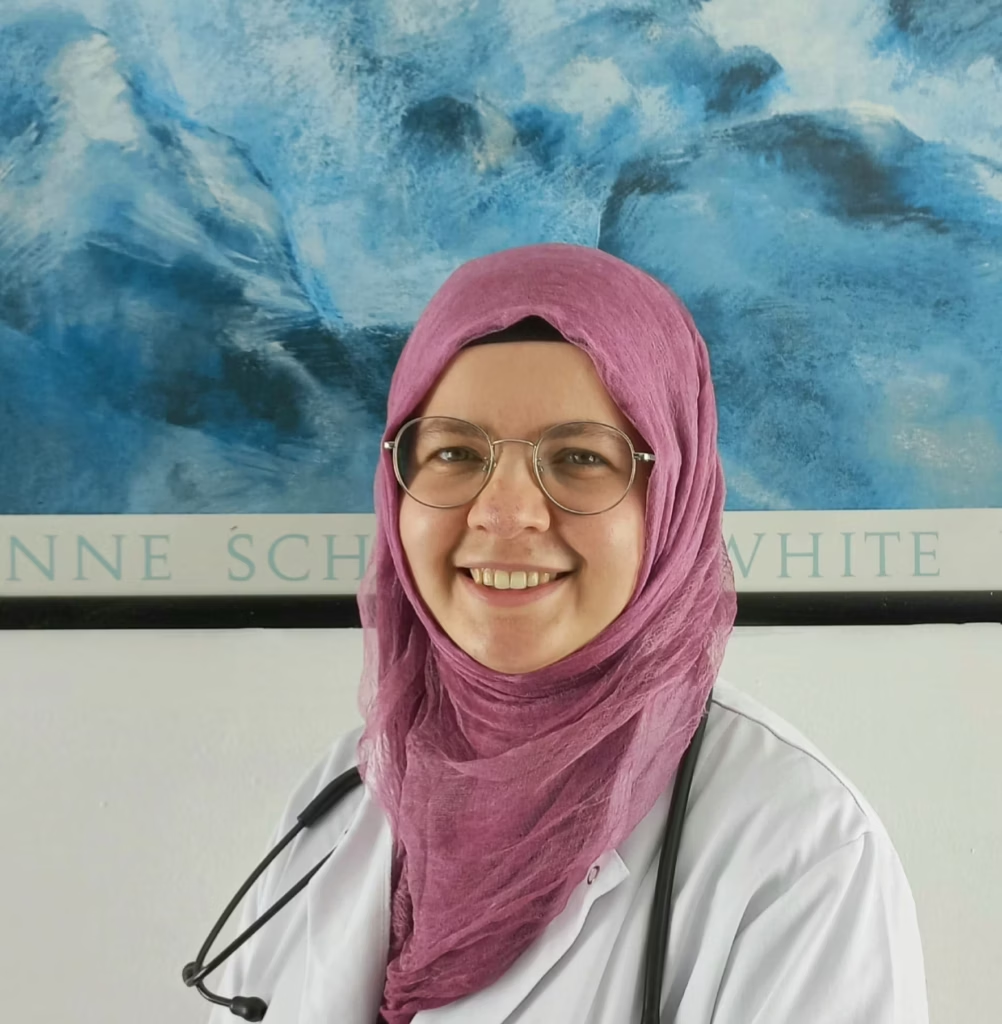
Dr. Esra Gülderen discusses her path into hematology, the critical role of mentorship, and how early research experiences shaped her confidence. Now a Co-chair of the EBMT Trainee Committee, she shares what motivates her and why clear communication, curiosity, and resilience are essential traits for aspiring haematologists.

A chemotherapy-free approach combining ibrutinib-rituximab (IR) has outperformed standard chemotherapy regimens in treating older patients with newly-diagnosed mantle cell lymphoma (MCL), according to findings from the ENRICH trial presented at the 66th American Society of Hematology Annual Meeting. The study ...
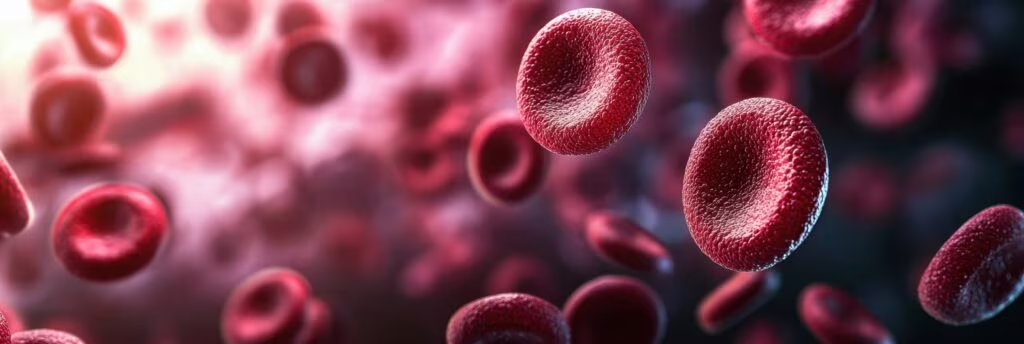
The American Society of Hematology (ASH) held its 66th Annual Meeting from 7–10 December 2024. Among the highlights of the meeting were six late-breaking abstracts that have the potential to influence how healthcare professionals approach a range of condition,s from introducing ...

In our latest episode, we delve into the world of space medicine to explore how drug crystallization in microgravity could revolutionize biologic drug administration. Joining us is Dr Katie King, CEO of BioOrbit, to discuss the science, challenges, and technological advancements that could make space-based drug production a reality.
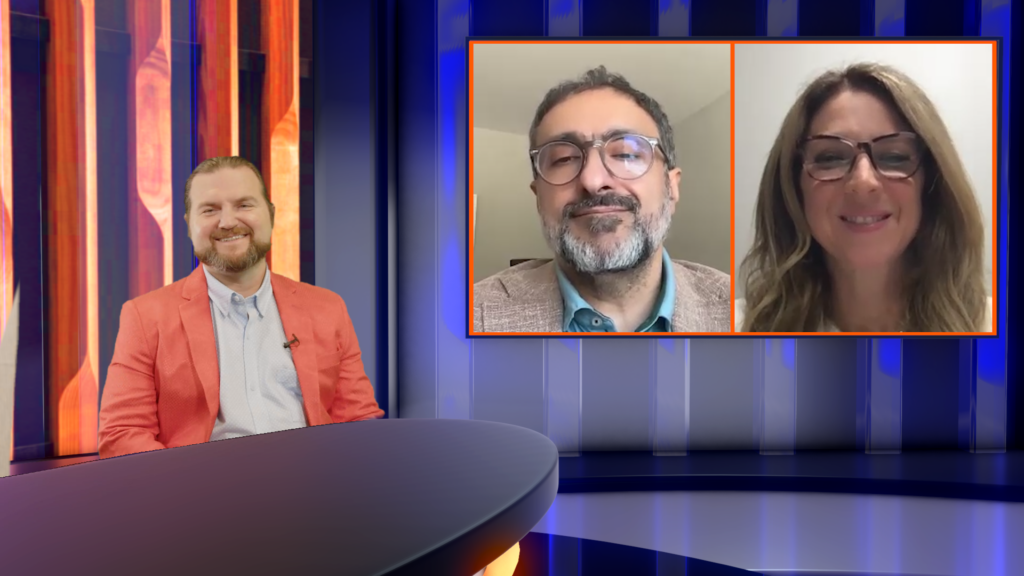
Haematology experts discuss the latest on novel therapies and treatment selection and sequencing in R/R FL




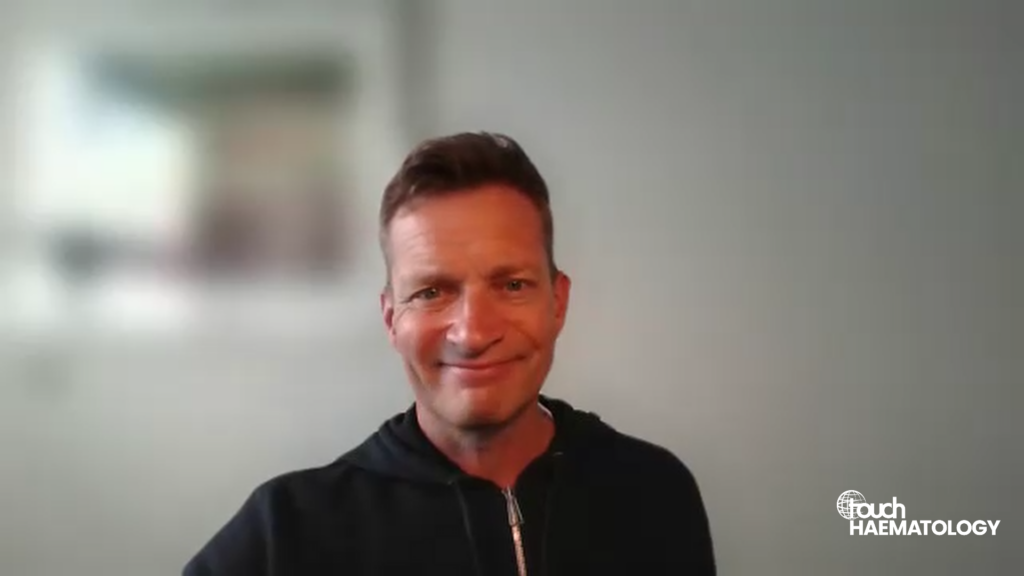
The EORTC-1537-COBRA trial investigated the efficacy of very early FDG-PET/CT response-adapted therapy in patients with advanced-stage Hodgkin lymphoma using brentuximab vedotin-containing regimens, i.e. brentuximab vedotin, doxorubicin, vinblastine and dacarbazine (A-AVD); and brentuximab vedotin, etoposide, cyclophosphamide, doxorubicin, dacarbazine and dexamethasone (BrECADD). This phase II study enrolled 150 patients, all of whom received an initial cycle of A-AVD, followed by an early PET/CT scan. Patients with negative PET results (Deauville scores 1–3) continued with A-AVD, while those with positive results (scores 4–5) switched to BrECADD. Radiotherapy was given only to those with residual PET positivity after chemotherapy.
Latest articles videos and clinical updates - straight to your inbox
Log into your Touch Account
Earn and track your CME credits on the go, save articles for later, and follow the latest congress coverage.
Register now for FREE Access
Register for free to hear about the latest expert-led education, peer-reviewed articles, conference highlights, and innovative CME activities.
Sign up with an Email
Or use a Social Account.
This Functionality is for
Members Only
Explore the latest in medical education and stay current in your field. Create a free account to track your learning.




